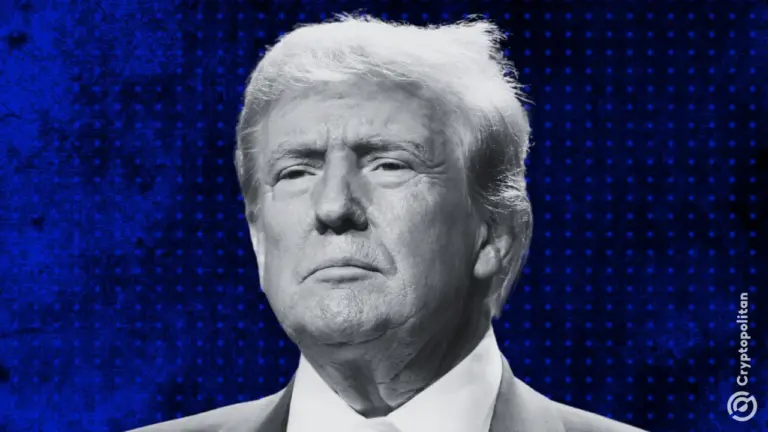Powell Confirms U.S. Banks Can Serve Crypto Firms
- Jerome Powell clarifies U.S. banks’ crypto service policy.
- Boosts market confidence in the crypto sector.
- Lifts crucial barriers for financial institutions.
Federal Reserve Chair Jerome Powell confirmed on June 24 that U.S. banks are permitted to provide services to cryptocurrency firms, clarifying the banking sector’s role in the growing digital asset market. Powell Affirms U.S. Banks Can Serve Crypto Firms
Powell’s policy clarification removes uncertainty for banks and investors, potentially boosting institutional liquidity in crypto markets.
Federal Reserve Chair Jerome Powell confirmed that U.S. banks can serve cryptocurrency firms. His statement dispels previous uncertainties and emphasizes the growing role of digital currencies in mainstream finance. The announcement follows ongoing discussions about banking’s relationship with the crypto industry.
Jerome Powell’s leadership has been pivotal since he became Chair in 2018, navigating economic upheavals. His recent testimony asserts that banks are free to engage with crypto firms, clarifying that these interactions are welcomed, not restricted.
“Despite increased uncertainty, the economy remains in a strong position. The labor market is strong, and inflation has moderated, though it remains above our long-term target,”
Powell stated, reinforcing the stability underpinning this policy shift.
Powell’s announcement potentially impacts the crypto industry’s access to banking. By enabling greater institutional support, the crypto market expects a rise in liquidity. This could invigorate major digital assets like Bitcoin and Ethereum and enhance overall market stability.
The Federal Reserve’s stance provides a concise message: while banks are now poised to provide crypto services, the Fed does not intend to engage directly in cryptocurrency markets. This solidifies a clear boundary between traditional banking and digital currency engagement.
Powell’s remarks underscore the confidence boost anticipated within the U.S. crypto ecosystem. This policy update may drive more robust integration between banks and blockchain companies, encouraging technological adoption and financial growth. The change could benefit DeFi projects tied to fiat rails.
With this evolution, industry experts expect the crypto market to experience greater institutional involvement. Analyzing previous regulatory signals, clarity tends to elevate investor trust and elevate asset flows, marking a significant shift towards mainstream acceptance of digital currency frameworks.
Disclaimer: The content of this article solely reflects the author's opinion and does not represent the platform in any capacity. This article is not intended to serve as a reference for making investment decisions.
You may also like
ECB says no need for more rate cuts now as inflation hits 2% target
Share link:In this post: The ECB has paused rate cuts after inflation hit the 2% target. Olli Rehn said there’s no need for more cuts unless new risks appear. Joachim Nagel believes policy should stay unchanged unless conditions shift.
Databricks buys Sequoia’s Tecton in push to dominate enterprise AI tools
Share link:In this post: Databricks is acquiring Tecton to boost its real-time AI agent tools. Tecton was last valued at $900M and has around 90 employees. The deal follows Databricks’ $100B valuation term sheet signed this week.

Vitalik Buterin’s FOCIL proposal reignites censorship debate among Ethereum leaders
Share link:In this post: Vitalik Buterin argues FOCIL will make Ethereum more neutral and censorship-resistant. However, Reflexer Labs warns that FOCIL could be a big problem for Ethereum as the current system is still working. Debate on censorship resistance continues with crypto attorney Gabriel Shapiro saying FOCIL might be worth the risk.

Trump’s $9B investment won’t fix Intel’s real problem
Share link:In this post: The U.S. government, under Trump, will invest $8.9 billion for a 9.9% stake in Intel, aiming to boost domestic chip production and make the government Intel’s largest shareholder. Despite the funding, analysts warn Intel’s contract chipmaking (14A and 18A processes) won’t be viable without major external clients and improved manufacturing yields. The deal, which includes discounted shares and no board seat, reflects a rare federal intervention in corporate ownership.

